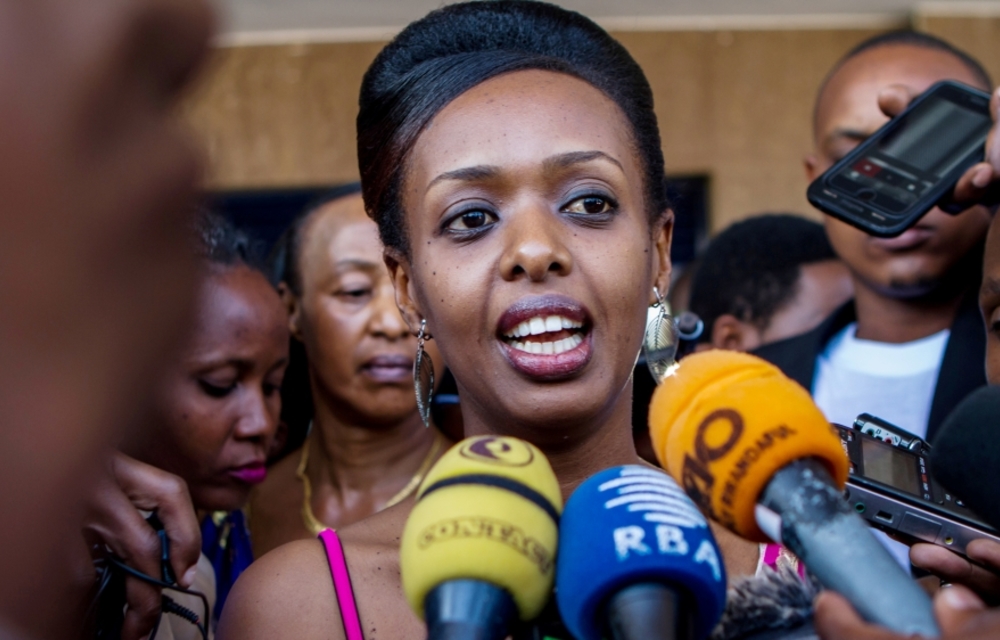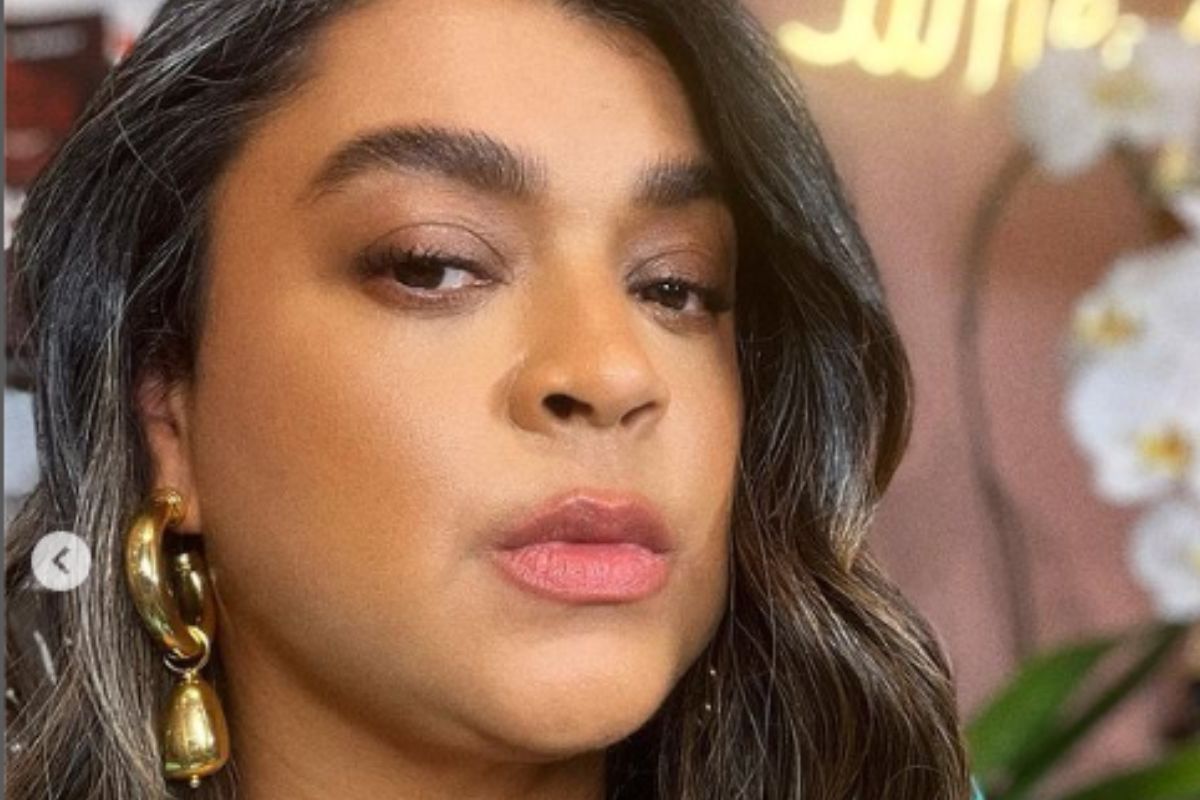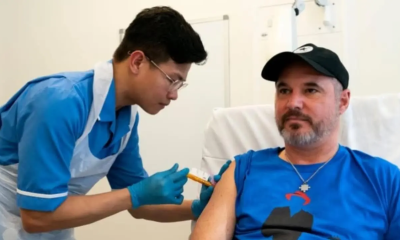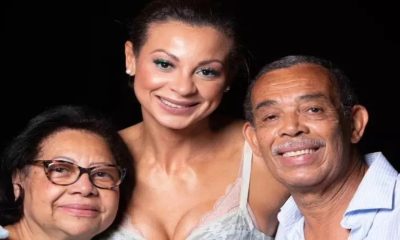Follow Us @
Women and African politics

Diane Rwigara. (Reuters)
Soon after Judy Kengo was sworn into office last year, the Kenyan legislator faced her first public test when a doctored photo of a lookalike kissing another woman surfaced online.
The aim of the misleading photo, she says, was to force her to quit her position in the county assembly of Kwale, a staunchly conservative region along Kenya’s southern coast.
“You see, here is your leader. What kind of role model is she to our girls?” Kengo, 35, remembers one online user saying after the image began making the rounds.
Kengo’s case is far from isolated. There is growing evidence of women across Africa facing online disinformation campaigns aimed at discrediting their ambitions and forcing them out of politics, experts say.
Women in public positions need a “thick skin” to withstand the pressures of online attacks, says Kengo, who refused to be cowed and has since hired bloggers to respond to social media smear campaigns.
“Politics has always been a male-dominated field and for you to penetrate, you have to be very aggressive,” she said.
But it is a difficult balancing act.
“When you are aggressive in the way you are addressing the issues, people will say you are too much or are a loudmouth. This is not the same for our male counterparts.”
The attacks, which tend to escalate during election season, are strategically orchestrated to silence women, says Kristina Wilfore, co-founder of global non-profit #ShePersisted, which fights gender disinformation and online abuse.
“The sexualised attacks are very crude, and they are definitely meant to undermine the idea that women are qualified,” Wilfore told AFP.
A study conducted in collaboration with #ShePersisted during Kenya’s 2022 national elections found that social media platforms enabled “hateful rhetoric towards women to flourish”, according to Wilfore.
Even when false information has been fact-checked and corrected, “it still leaves the sentiment that women do not belong in certain public spaces”, she added.
The impact is not lost on women lawmakers in Kenya.
“A lot of women fear getting into public spaces, especially public political spaces because of the issues surrounding that space,” opposition MP Millie Odhiambo said.
Kenya has continually failed to meet parliamentary quotas that require at least a third of all seats in the national assembly to be filled by women.
Across the continent, women occupy only 24 percent of some 12,100 parliamentary positions, according to a 2021 study by the pan-African project Women in Political Participation.
During Rwanda’s 2017 election campaign, alleged nude photos of businesswoman and government critic Diane Rwigara surfaced online days after she announced her candidacy for president.
The only female challenger to Rwanda’s iron-fisted leader Paul Kagame later told CNN the images had been photoshopped to destroy her electoral chances.
She was eventually blocked from running on the grounds that she allegedly forged supporters’ signatures for her application. But a court acquitted her in 2018, calling the charges “baseless”.
In April this year, former Kenyan senator Millicent Omanga faced calls to resign from her post as a junior minister after footage of a purported sex tape surfaced on social media.
An AFP investigation found that at least one of the clips featured an amateur porn actor.
But many online users believed it was Omanga, who has never commented publicly on the video and did not respond to calls from AFP.
Kenyan political analyst Nerima Wako-Ojiwa said the incident was part of a vicious trend which aims to “degrade women”.
“They avoid (political leadership) completely, or they avoid having a digital footprint or engaging online,” she said.
Experts fear new technologies and artificial intelligence (AI) could make the situation worse.
Some 96 percent of deepfake videos online involve non-consensual pornography, and most of them depict women, according to a 2019 study by Dutch AI company Sensity.
The same year, DeepNude, an application that virtually undresses women, was shut down following an uproar over its potential abuse. But similar tools continued to be accessible via encrypted messaging.
As AI technology develops at a rapid pace, experts say social media companies must do more to create a safe digital environment.
The situation is particularly grim in Africa, where platforms take advantage of weak laws and poor enforcement, said Leah Kimathi, founder of the Kenyan non-profit Council for Responsible Social Media.
“Platforms have the primary responsibility to ensure that the online spaces are not used by nefarious characters to perpetuate harm,” Kimathi said.
“Their business models through the algorithms amplify the online disinformation, making it go viral in the service of profit. They also grossly under-invest in platform security and safety in Africa compared to the rest of the world.”
– Agence France-Presse
Women and African politics – The Mail & Guardian
Follow AFRILATEST on Google News and receive alerts for the main news about trending game reviews, Anime, series, entertainment and lots more!
SHARE POST AND EARN REWARDS:
Join our Audience reward campaign and make money reading articles, shares, likes and comment >> Join reward Program
FIRST TIME REACTIONS:
Be the first to leave us a comment, down the comment section. click allow to follow this topic and get firsthand daily updates.
JOIN US ON OUR SOCIAL MEDIA: << FACEBOOK >> | << WHATSAPP >> | << TELEGRAM >> | << TWITTER >
#Women #African #politics #Mail #Guardian
-

 Fashion3 months ago
Fashion3 months agoVogue Arabia cover welcomes Salma Hayek in an interview with Penélope Cruz
-

 Football3 months ago
Football3 months agoVAR points out Diego Costa's offense against the fourth referee
-

 USA today entertainment3 months ago
USA today entertainment3 months agoBeyonce with the single “Break My Soul” leads on Spotify Brazil
-

 Health and Fitness3 months ago
Health and Fitness3 months agoVaccine against the reappearance of skin cancer enters final testing phase
-

 USA today entertainment3 months ago
USA today entertainment3 months agoSZA, Future and DJ Khaled come together in collaboration
-

 News3 months ago
News3 months agoParents of former player Waleswska are pressured by widower to pay rent for the house where they live
-

 USA today entertainment3 months ago
USA today entertainment3 months agoLarissa Luz and Linn da Quebrada enchant at the Multishow Awards with a tribute to Elza Soares.
-

 Good News TV series3 months ago
Good News TV series3 months agoThe shocking reason behind the decision not to show dead characters in The Last Of Us episode revealed



































